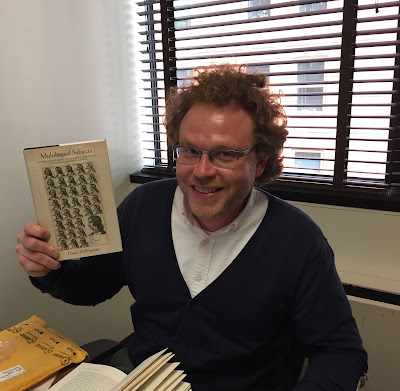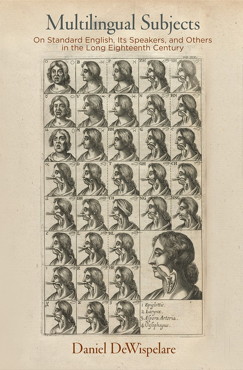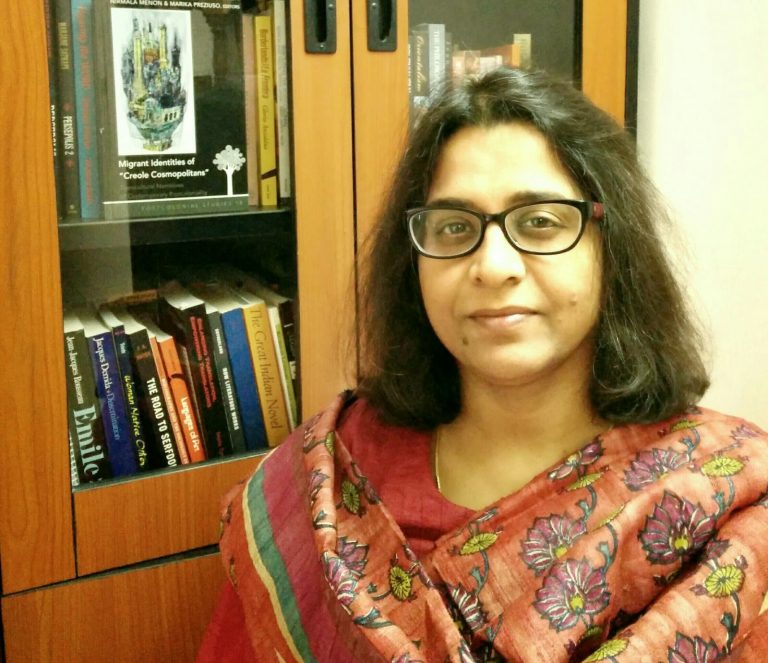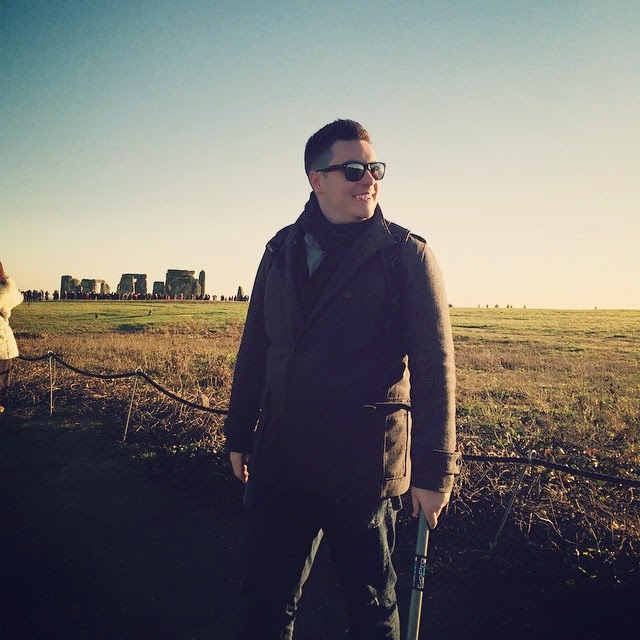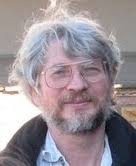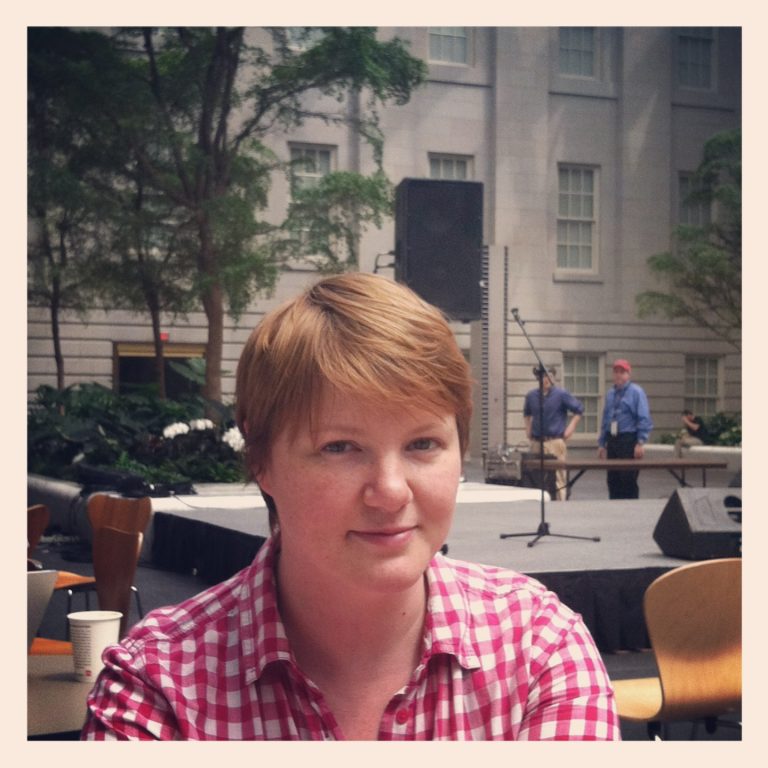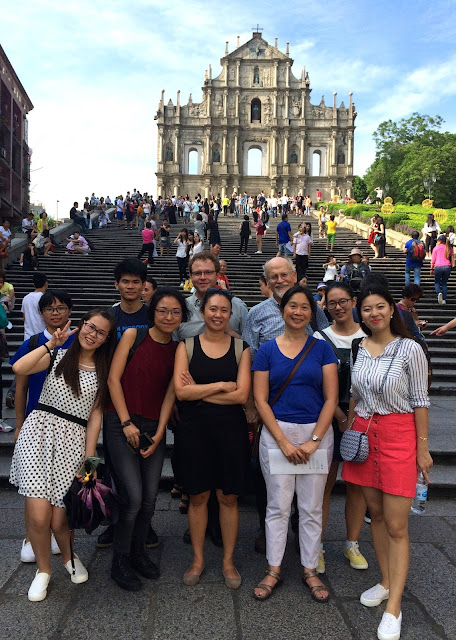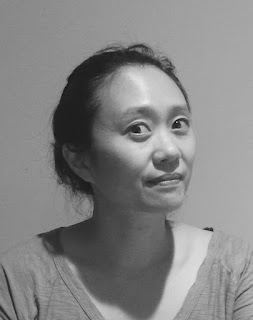Congratulations on the publication of your first book, Multilingual Subjects: On Standard English, Its Speakers, and Others in the Long Eighteenth Century! I know this has been a culmination of years’ worth of work for you. How does it feel? How did this book shift and change from its nascent form to the physical object you’re currently holding in your hands?
It really feels fantastic and like a new chapter for me. I was thinking about this the other day, and I realized that I’ve really been working on this project in some form or another since about 2008. Some of the material comes out of my doctoral dissertation, which seems so distant. But, it does happen that in this book there are snatches of prose that I wrote in 2009, and there are snatches that I wrote in January of this year when I was reviewing the final proofs. The academic publishing cycle is so long that it complicates the question. I actually first sent out a proposal when I had already written about 95% of this book. That was in September of 2015, so it’s been about a year and a half since I first started working with the press. The book is now an object, and I love seeing it.
Can you speak to your original impetus for writing this book? Do you see any notable parallels between this 18th century linguistic phenomenon and the social norms that govern modern day Standard English Vernacular at the expense of minority or regional dialects? What about your work is most applicable to current trends within the English language, as it is spoken today?
My original reason for writing this is hard to identify. Part of scholarship is biographizing, and so I know that must be a part. If I had to pinpoint the origin, I would say that this book comes out of trying to think through some of the complexities of contemporary linguistic politics. The primary issue for me is captured in this example: the USA is a very multilingual place, with intersecting forms of English (alongside many other languages) that are spoken in diverse regions and amongst different intermingling populations throughout the country. Despite these obvious multilingualisms everywhere, from some quarters there is a total disavowal of American multilingualism as a basic fact. For example, I’ve always been piqued by the fact that some people in places like where I grew up (in the American Southwest) persist in earnestly debating English-only education. This seems totally preposterous to me, given the obvious facts on the ground, and it also seems (and is!) violent, exclusionary, and, most importantly, ignorant.
It made sense to me to start with eighteenth-century thinking about linguistic difference because I was initially interested in the history of how normative language was taught. One thing to say about the eighteenth century is that it’s a period of time in which all the big institutions of language developed into forms we recognize today, including dictionaries, translation manuals, and grammatical texts, all of which tell you what “proper” or “correct” language supposedly is. In my account, this moment, rather than defining and grounding culture, actually sidelines, limits, and stigmatizes many different forms of culture and relationality. As I thought through the two hundred and fifty or so years of linguistic history since, I became specifically curious about what it would take to ground ideas of community and culture in multilingualism instead of monolingualism. What would such a history look like? What new visions of culture does it produce?
There’s one thing about multilingualism that is fascinating and discomfiting and that I try to track pretty rigorously in the book, especially as it relates to the question of social class. Multilingualism is easily seen and grasped in (1) rarified and cosmopolitan spaces like academia, think tanks, and intergovernmental bodies like the UN or the EU. (2) Contrastingly, multilingualism is also one of the basic occupational characteristics of the “picaresque proletariat,” that is, the people who are compelled by poverty, war, or other forces into migration and the other forms of exile and displacement that travel alongside economic globalization. When we survey our globe, we see that anglophone multilingualism animates and characterizes these vastly different socio-economic spaces. This should make sense given that certain forms of language are treated both as currencies and investments. Anglophone scholars who, say, learn a language for cultural or career capital; the migrant who learns English to play a transactional part in the global economy. I remember reading something in which a linguist whom I admire, David Crystal, tells an anecdote about the most multilingual person he’d ever met: a South African taxi driver who had skills in 8-10 different languages by virtue of the nature of his work and those with whom he interacted. And, it is true in my life that some of the most linguistically robust people I’ve ever met have been on the fringes of the economic system, while some of them have also been among the global elite.
How did working within the GW English community influence your writing process and the development of this text?
I have wonderful colleagues who read and commented on parts of the book, not only the content but also all the elements of it, like the initial proposal, for example. I’m lucky to be part of a supportive intellectual community where I can talk to colleagues about mutual and non-mutual research interests. This has brought up new points of intrigue in my work. For example, GW’s English Department introduced me to disability studies—which was not something I was ever really exposed to in graduate school—and the ways that one can account for differential language processes through the lens of disability studies. GW also enabled my work by funding a UFF research grant. Teaching is the best crucible for these issues because it is always a process of translation and relation. A class I taught last semester, Globalization and the History of the English Language, generated some fantastic insights from undergraduates.
What works and scholars were most integral to your writing process, and how does this book fit into and extend existing scholarship on this subject?
I tried to build a bibliography and citational apparatus that was true to the political impetus behind this book. That means that I wanted a bibliography that enacts gender parity, for example, because those other hierarchies are, to my mind, intimately related to the linguistic ones I am most concerned with in the book. There has recently been quite a bit of work on multilingualism and culture out there, much of it useful and informative. My colleague Jonathan Hsy’s recent book, Trading Tongues, is one such example, but there are many others.
One interesting thing is that I feel like I was also pretty influenced by reading about different “language products” out there in the anglophone marketplace, which is something I do regularly just out of personal interest. For example, at one point in my life I gathered tons of information about the widespread existence of accent reduction and elocution classes, something I tried to write an article about, mainly because I was and remain curious about the push and pull forces that bring people to these courses. Likewise, I’ve spent a lot of time researching and thinking about the global English language education marketplace, which encapsulates an extensive network of private schools in diverse locations, some of which are less regulated than others. I’m really consumed by these different schools, something I initially discovered in Susan Pendergrast’s Buying Into English: Language and Investment in the New Capitalist World (2008), which examines the emergence of private and public English language classes in post-communist Slovakia (ca. 1990s). It should be said that my first job after finishing my doctorate was at an English-language university in Ankara, Turkey. That experience was formative, as it was one that led me to think about some of the economic, political, but also emotional complexities that language difference engenders.
In an ideal world, how do you want this book to be used, and what do you hope it generates?
First and foremost, I would like it if this book were useful to scholars and graduate students in my field, and in others. I hope that it generates new conversations and new research methodologies. Ideally, it would be fantastic if someone can use this framework to build newer and better ways of studying multilingualism in contexts, periods, and networks that I don’t have have any expertise in.
In addition to an academic project I am now working on regarding accounts of culture told through the metaphors “the contagious” and (increasingly) “the viral,” I think I would really like to write something for the reading public not just the reading campus. One thing I tried to do in this book, however, was to build in access points for the general reader. For example, there are six biographical interchapters that try to describe the lives and contexts of specific eighteenth-century individuals who practiced multilingualism. I call these sections “Multilingual Lives,” and I try to use them to capture linguistic phenomena with which we in the present are still confronted. One of my personal favorites is about Dorothy Pentreath, commonly mythologized as the last native speaker of Cornish, and in this section I try to tarry with the frightful prospect of language death.
What was the most important takeaway of your research? Do you have a particular excerpt from the text of which you’re particularly proud and willing to share?
Most of my book details eighteenth- and nineteenth-century linguistic history and theory as it informs our own present. If there is any “most important takeaway” I think it is cinched together in the epilogue. In that final section, I describe a genre of contemporary (and sometimes best-selling!) books that detail how great and necessary “global” English is. I read books of this kind because I am interested in language politics, and yet I dislike their basic premises. My take is that these texts celebrate in sublime terms the importance of English in the global economy, and thereby celebrate the history and enduring logics of imperialism and colonization without naming those processes as such. So, what I do in the epilogue is to try and put discourses of “global English” into conversation with the so-called “crisis of humanities.” There is something very curious to me about the simultaneity of one discourse trumpeting the future fantasy of how “global” English is and how it will remain central to the economic order of globalization while another, totally dystopic discourse insists on questioning the “value of an English major” altogether.
Finally, what advice would you give your younger self at the beginning of this journey?
Keep chasing your intellectual commitments. I would also tell myself to consider writing as something you can constantly be improving if you do it regularly and thoughtfully. One of the things I noticed throughout the process is that as I wrote more I became more and more interested in writing itself, and specifically, the various problems that arise in attempting to communicate in writing.


